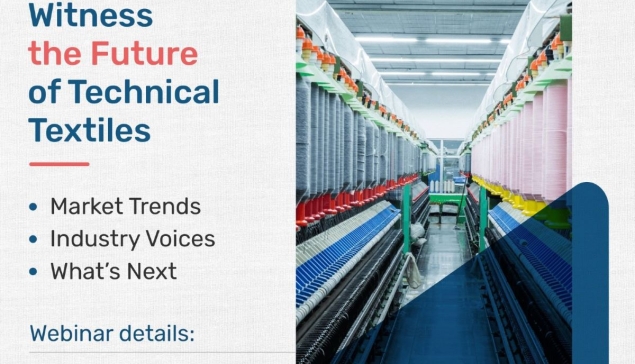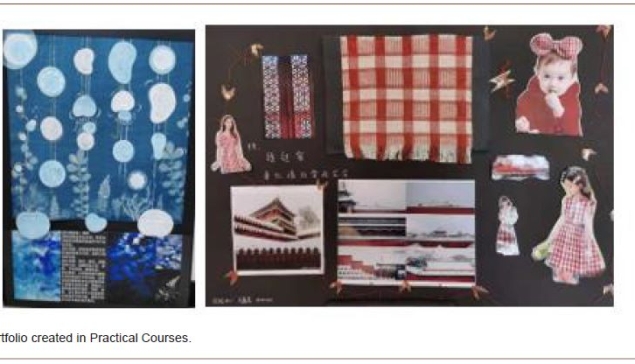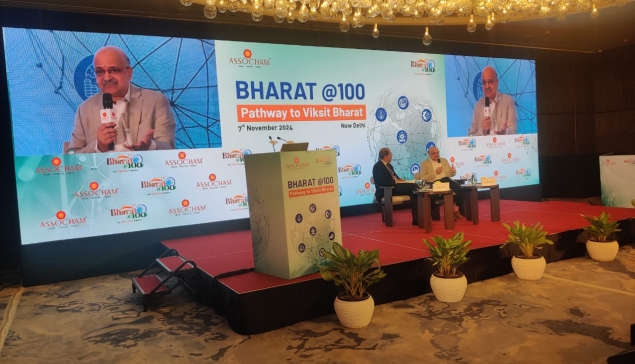This "fashion-tech" case can be made here: fashion is hardwired, and its renaissance is fueled by artificial intelligence (AI), changing complexions, from design to shopping against the changing consumerism landscape.
Digital transformation has emerged as a double-edged sword for manufacturers in the fashion industry. On one hand, it presents opportunities to save time and costs by enabling the profitable production of small quantities of products.
On the other hand, it raises concerns about the loss of human touch in fashion design and garment making. However, given the sustainability pressures the industry is sustainably posed with and the need to streamline processes, digital transformation has become a necessary step forward.
The second piece is how disruptions disrupt the space both at the hardware and software levels, which is heartwarming. Innovations like smart clothing, virtual try-on solutions, and a focus on responsible, ethical, and eco-conscious practices are rewriting the fashion narrative.
The industry is anticipated to continue witnessing consolidation as the scale gets driven through technology-led integration and efficiencies.
Many smaller and less profitable retailers may exit the business in favour of more efficient and larger players who can leverage technology to drive efficiency across their retail operations.
It doesn't get any better than this
Pioneers are reshaping the industry by catering to the rising demand for ethical and unique digital fashion experiences.
It will be prudent to illustrate some of the disruptions and companies at the forefront of this movement, such as Dhana Inc., a Californian company renowned for its collaborative spirit, interactive customer experiences, and unwavering commitment to sustainability.
Visionary companies like Dress-X and Brand New Vision (BNV) are capturing the attention of digital natives who prioritize both sustainability and individuality in their fashion choices.
With opportunities come challenges; technology-driven transformation is not without its roadblocks. Traditional fashion brands are in a fix today, posed with odds and constraints to embrace new practices and technological advancements as they navigate the transition from physical stores to the digital realm, going beyond the obvious and backed by basic tech integration in sync with the expectations and aspirations of consumers of the day.
There is merit in the argument that, in this new environment, companies need to go beyond basic tech integration and build on it.
Traditional brands must innovate to remain competitive and relevant.
What is starkly desired from suppliers and solution providers in the fashion sector is that it is business imperative today to offer truly innovative and engaging experiences aligned with those that captivate consumers to create a wow factor.

























